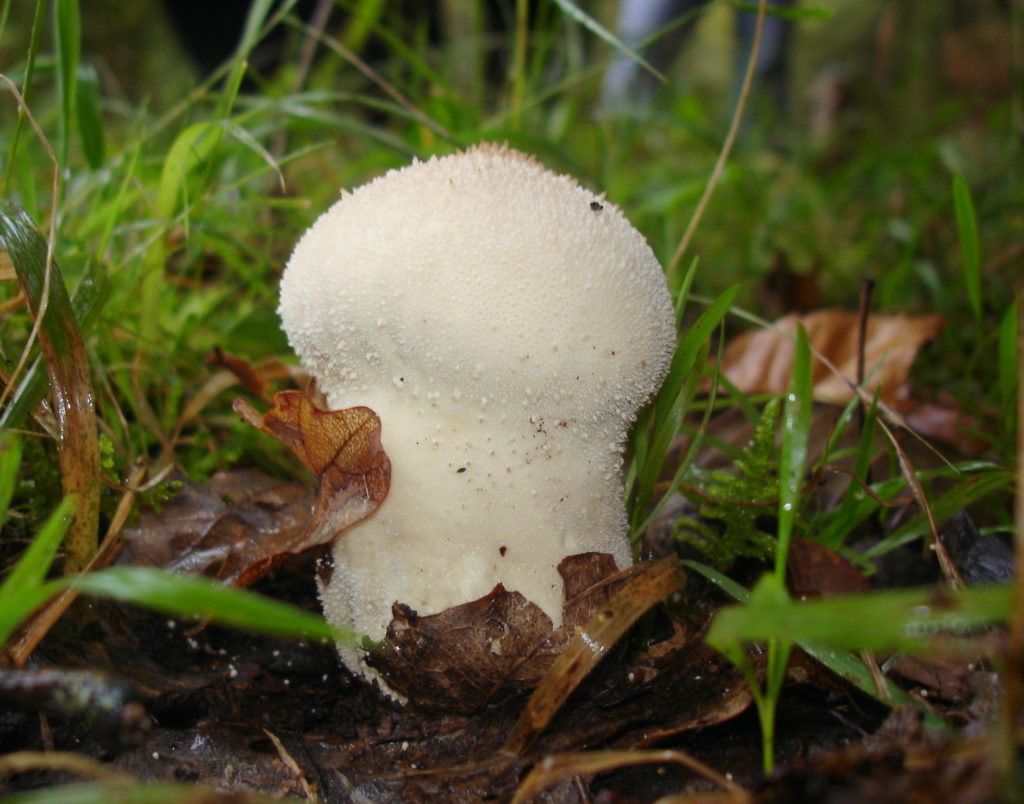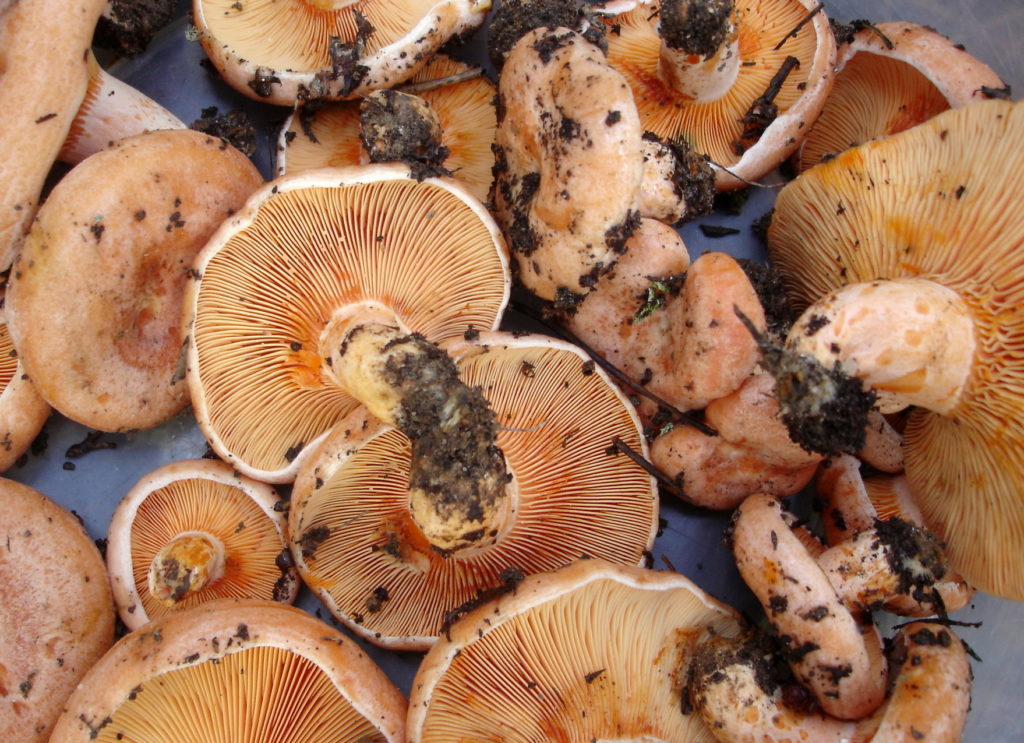 The collection and consumption of wild mushrooms is "an ancestral tradition" which, nowadays, "has great relevance in terms of economy and gastronomy", but also has "important implications for the conservation of biodiversity and the ecology of forest stands" , stresses Quercus – National Association for the Conservation of Nature, on the occasion of the International Biodiversity Day, which is marked today, 22 May.
The collection and consumption of wild mushrooms is "an ancestral tradition" which, nowadays, "has great relevance in terms of economy and gastronomy", but also has "important implications for the conservation of biodiversity and the ecology of forest stands" , stresses Quercus – National Association for the Conservation of Nature, on the occasion of the International Biodiversity Day, which is marked today, 22 May.
A large part of the mushrooms collected for human consumption are «species that live in symbiosis with forest species (mycorrhizal fungi) and are of great importance in the health and balance of forest stands in Portugal».
Therefore, stresses Quercus, «anarchy reigns in the mushroom picking sector and in practice there is a severe depletion of this important natural resource», since «Portugal has been waiting for more than a decade for the regulation of mushroom picking».
Without the necessary regulation, mushrooms "are collected indiscriminately, not taking into account factors such as the protection of threatened species, the guarantee of the reproduction of the fungi collected and the health of forest stands."
Quercus also stresses that “wild mushrooms are an important economic resource that can play a decisive role in rural economies”.
Only, “at present, and due to the lack of attention given to the sector, it is not possible to know the economic importance of this activity, the quantity of mushrooms sold, nor the ecological and conservation status of the different species”.
Furthermore, "a large part of the mushrooms collected end up leaving the country through illegal schemes."
For all these reasons, Quercus asks the government to "give the necessary attention to this sector and to create regulations for harvesting and marketing, essential to promote the rural economy and to protect mushroom species."



















Comments